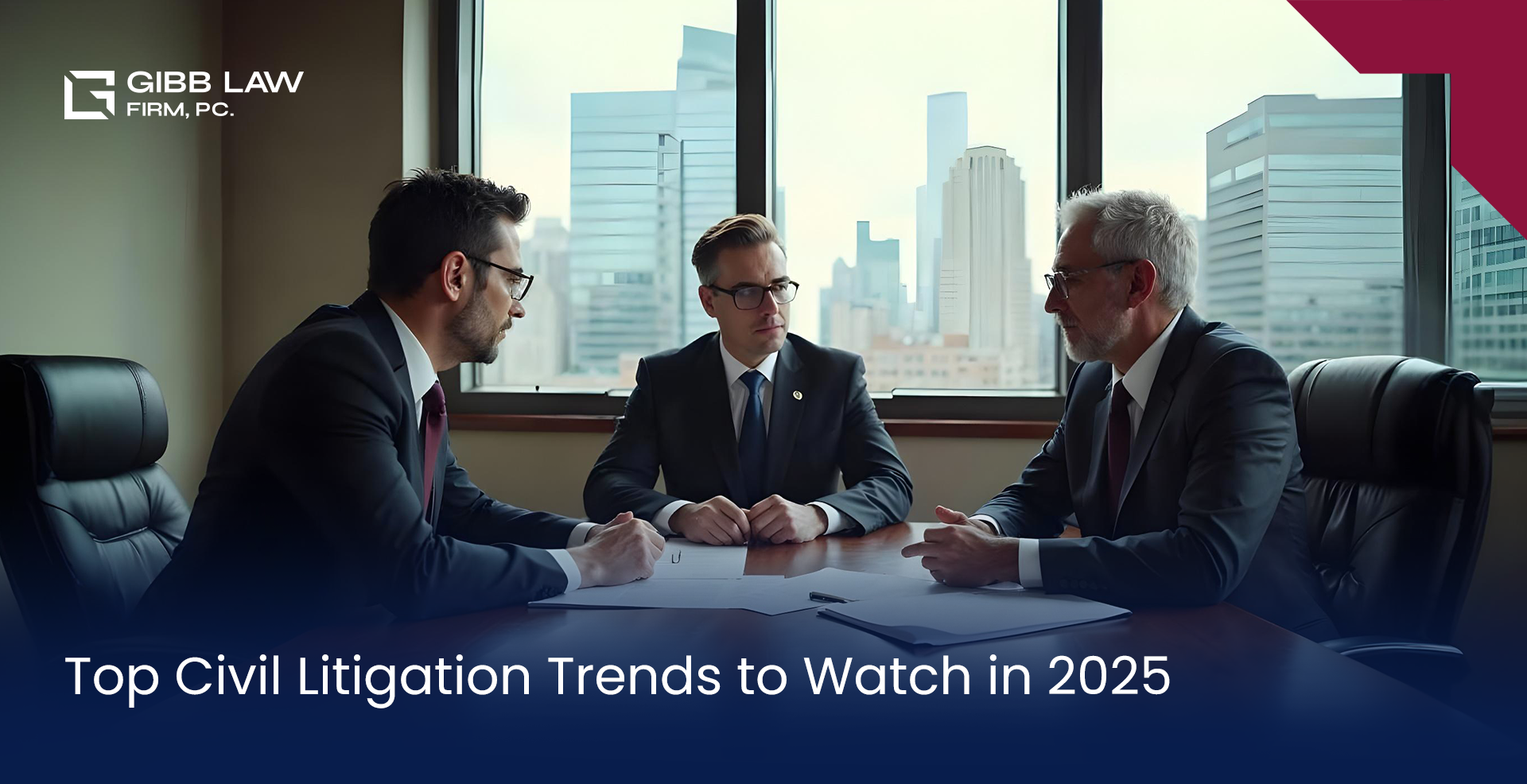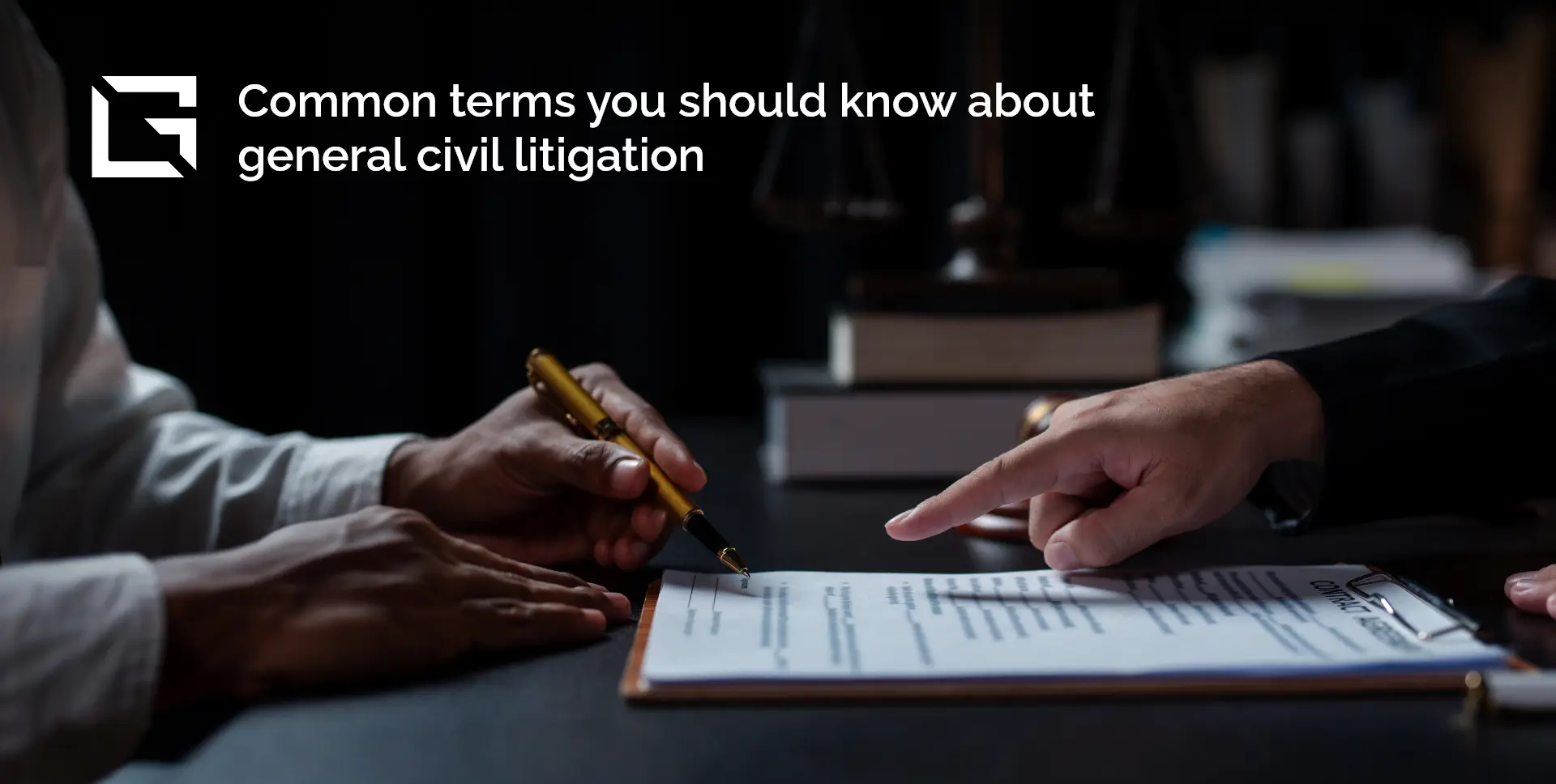Civil Litigation Changes
The courtroom was silent, the only sound was the rhythmic ticking of the clock. A young, ambitious attorney, Sarah, stood before the judge, her heart pounding in her chest. She had spent countless hours poring over case files, crafting her arguments, and preparing for this moment. The stakes were high, and the future of her client hung in the balance.
As Sarah began her presentation, she knew that the world of civil litigation was changing rapidly. Technology was reshaping the way cases were handled, from AI-powered legal research to remote court proceedings. The lines between the traditional and the digital were blurring, and the attorneys who could adapt to these changes would be the ones who thrived.
Top Civil Litigation Trends to Watch in 2025
As we navigate the ever-evolving legal landscape, several key trends are shaping the future of civil litigation. These trends are driven by technological advancements, shifting societal norms, and evolving regulatory frameworks.
P.S. – Gibb Law Firm is excited to announce the launch of an advanced new resource dedicated to Civil Litigation! Check out our press release to learn how we aim to streamline legal processes, ensuring that clients receive the most effective and informed representation in their civil cases.
1. The Rise of AI and Automation
Artificial intelligence (AI) and automation are revolutionizing the practice of law. AI-powered tools are increasingly being used to:
- Enhance Legal Research: AI can rapidly analyze vast legal databases, identifying relevant case law, statutes, and regulations with unparalleled efficiency.
- Streamline Document Review: AI-driven document review platforms can quickly sift through large volumes of documents, significantly reducing the time and cost associated with manual review.
- Predict Case Outcomes: Predictive analytics powered by AI can analyze historical data to forecast potential case outcomes, enabling attorneys to make informed strategic decisions.
2. The Continued Evolution of Remote and Hybrid Court Proceedings
The COVID-19 pandemic accelerated the adoption of remote and hybrid court proceedings. In 2025, we can expect this trend to persist, with courts increasingly embracing virtual hearings and depositions. This shift offers several advantages:
- Enhanced Accessibility: Remote proceedings can make the justice system more accessible to individuals with disabilities or those residing in remote areas.
- Reduced Costs: Virtual hearings can significantly reduce travel and accommodation expenses for attorneys and clients.
- Improved Efficiency: Remote proceedings can streamline the court process, leading to faster case resolutions.
3. The Growing Importance of Alternative Dispute Resolution (ADR)
Alternative dispute resolution (ADR) methods, such as mediation and arbitration, are gaining significant traction as clients seek faster, more cost-effective, and less adversarial ways to resolve disputes. ADR offers several benefits:
- Confidentiality: ADR proceedings are typically confidential, protecting sensitive business information.
- Flexibility: ADR allows parties to tailor the dispute resolution process to their specific needs and preferences.
- Preservation of Relationships: ADR can help parties maintain positive relationships, even after resolving a dispute.
4. The Impact of Emerging Technologies on E-Discovery
E-discovery, the process of identifying, preserving, collecting, processing, reviewing, analyzing, and producing electronically stored information (ESI), is a critical component of civil litigation. Emerging technologies, such as cloud computing and advanced data analytics, are transforming the e-discovery process, making it more efficient and cost-effective.
5. Shifting Regulatory Landscapes and Data Privacy Concerns
The regulatory landscape is constantly evolving, with new laws and regulations being enacted that can significantly impact civil litigation. Data privacy is a particular area of concern, with stricter regulations being implemented to protect personal data. Attorneys must stay informed about the latest regulatory developments to ensure compliance and effectively represent their clients.
6. The Rise of Cybersecurity Litigation
As cyberattacks become increasingly sophisticated and prevalent, cybersecurity litigation is emerging as a significant area of concern. Data breaches, hacking incidents, and ransomware attacks can lead to substantial financial losses and reputational damage. Attorneys specializing in cybersecurity law will be in high demand to help clients navigate complex legal issues arising from these incidents.
7. The Impact of Climate Change on Civil Litigation
Climate change is increasingly affecting various aspects of society, including the legal system. As climate-related disasters become more frequent and severe, we can expect to see an increase in climate change litigation, involving issues such as environmental damage, property loss, and public health risks.
By staying informed about these trends, legal professionals can better prepare for the future of civil litigation. By embracing technology, adapting to evolving regulatory frameworks, and prioritizing client needs, attorneys can navigate these challenges and opportunities to deliver exceptional legal services.
Conclusion
At Gibb Law Firm, we recognize the complexities of civil litigation and the importance of protecting your rights. Our experienced attorneys are dedicated to providing strategic representation and personalized attention to every case. Whether you’re navigating contract disputes, pursuing damages for negligence, or involved in other civil matters, we approach your legal challenges with care, precision, and a commitment to achieving the best possible outcome. Explore the Civil Litigation section of our FAQ page or contact our team for a consultation. Your success in resolving disputes is our priority.
Disclaimer: This article is for informational purposes only and does not constitute legal advice. Please contact us to discuss the specifics of your situation.



